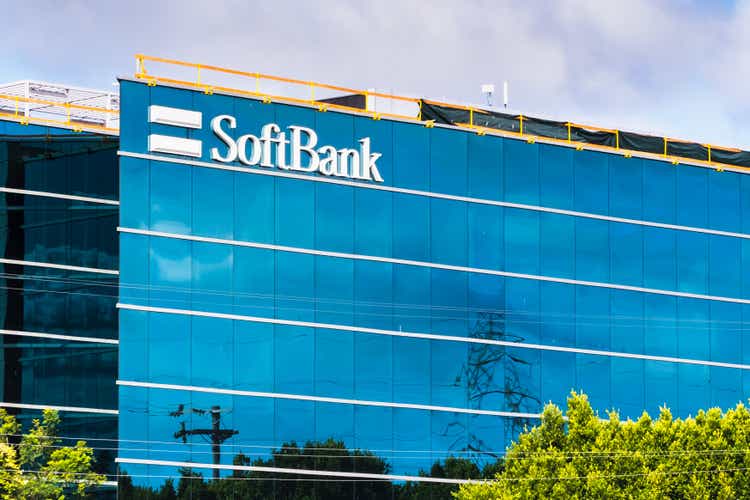
Sundry Photography
Japanese tech conglomerate SoftBank (OTCPK:SFTBY) has been selling down stakes of publicly traded companies held in its Vision Fund amid a further push into semiconductors and artificial intelligence, Bloomberg reported.
The Vision Fund, which at one time was the world’s largest venture capital fund, has sold stakes in DoorDash (NASDAQ:DASH), Coupang (NYSE:CPNG) and Grab Holdings (GRAB), the news outlet reported, citing regulatory filings. SoftBank also purchased a stake in Arm Holdings (NASDAQ:ARM) from the Vision Fund last year.
SoftBank still owns the majority of the British chip design firm, even after it listed Arm on the New York Stock Exchange this past September. Arm recently reported quarterly results and issued an outlook for fiscal 2025 that was below some Wall Street expectations.
The sales coincide with SoftBank founder Masayoshi Son’s desire to push further into AI and related hardware, the news outlet reported, citing people familiar with his thinking. Many of the sales have orchestrated by the company’s equity capital market team and are being done to provide minimal market disruption, the people added.
Son’s big bets
Son is well known to make extraordinary bets and calls. One such occurrence happened this past October when he said general artificial intelligence will top the collective intelligence of humanity and come within the next 10 years.
“It is wrong to say that AI cannot be smarter than humans as it is created by humans,” Son said at a company conference.
“AI is now self learning, self training, and self inferencing, just like human beings,” Son added, while also touting advancements made by generative artificial intelligence.
Son is also reportedly interested in investing in a project from OpenAI Chief Executive Sam Altman and former Apple (AAPL) chief designer Sir Jony Ive to build the “iPhone of artificial intelligence.”
Reports in February indicated that Son was looking for investors to help with a $100B plan to boost the global supply of artificial intelligence-focused processors in an effort to better compete with Nvidia (NVDA).
Those plans remain in flux, Bloomberg added, citing sources.
